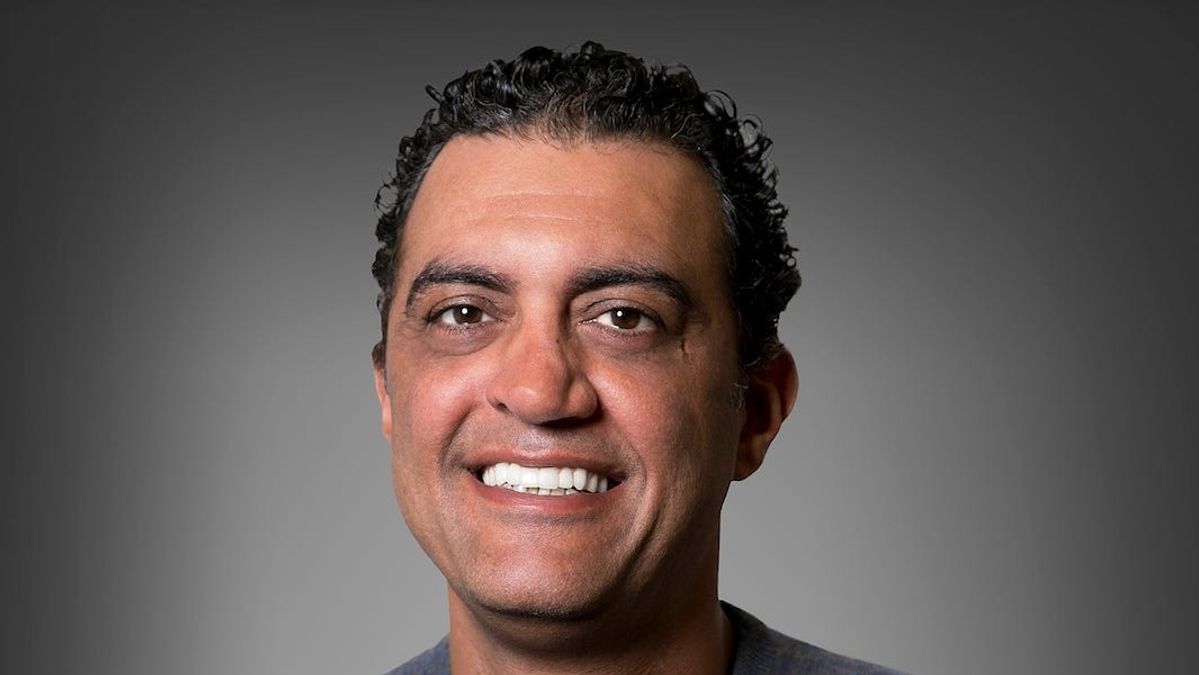
In a recent statement, Emil Michael, a prominent investor in Uber Technologies and the company’s former chief business officer, sparked a debate by asserting that it is “not even debatable” that American border security is faltering. This bold claim draws attention amidst growing concerns over border policies and their implications for both public safety and political dynamics in the United States.
Border Security: A Bipartisan Concern?
Amidst a backdrop of increasing scrutiny over the United States’ border policies, Emil Michael’s remarks underscore a contentious issue that transcends party lines. With the upcoming elections, both Democrats and Republicans are focusing on border security, a subject that has led to polarized views within the American electorate. References to recent legislative actions, such as the absence of funding for new border wall constructions in the Department of Homeland Security’s spending bill, highlight the complexities of addressing border security in a manner that satisfies all stakeholders.
Implications for Public Safety and Politics
Concerns over border security are not limited to political debates; they also touch on the very real issues of human trafficking and the exploitation of vulnerable populations, such as unaccompanied children. The lack of vetting in the sponsorship process by the U.S. Department of Health and Human Services has been criticized for potentially exposing migrant children to human traffickers. These dire circumstances bring to light the human cost of inadequate border control measures and the urgent need for comprehensive solutions that protect both national security and human rights.
Looking Ahead: The Path to Enhanced Border Security
As the dialogue around border security continues to evolve, the perspectives of tech investors like Emil Michael add a unique dimension to the conversation, suggesting that the issue is not only about politics but also about governance, technology, and innovation in border management. The upcoming elections will undoubtedly serve as a referendum on how the American public perceives the effectiveness of current border policies and what changes they expect from their elected officials to ensure a balance between safety and humanity at the nation’s borders.
While the debate over border security rages on, it is clear that the issue remains a pivotal concern for Americans across the political spectrum. The statements made by figures like Emil Michael prompt a deeper examination of how border control measures are implemented and their impact on the fabric of American society. As the nation moves forward, finding common ground on this divisive issue will be crucial for crafting policies that uphold the principles of security and compassion alike.




















